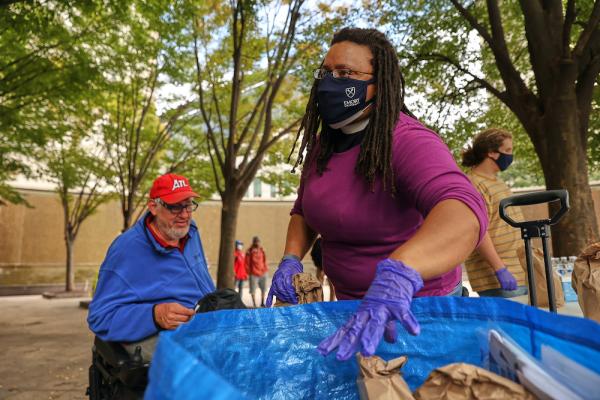Dec 9, 2020
In November, Rev. Kim Jackson, an Episcopal priest, won a seat representing Georgia’s District 41 in the state Senate. Her election is celebrated as the first out LGBTQ person elected to Georgia’s state Senate — one of several that caught national attention for LGBTQ inclusion in politics. None of this, Jackson said, would have been possible without role models who taught her what she could become.
Read the Full Article

Already a subscriber? Login
